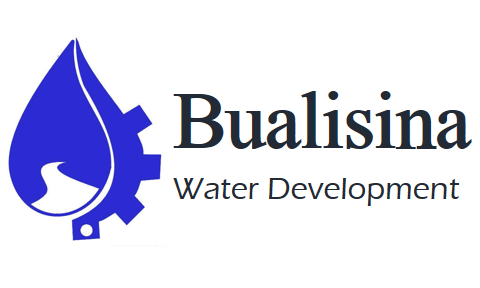
Steam production is the “Heart & Soul” of any plant process
The purpose of all Boiler Water Treatment Programs is to maintain clean heat transfer surfaces. It is essential for any treatment program to maintain system’s integrity, run ability extended service life of the boilers & minimize system failures & loss of production.
Scale / Deposition
Scale is one of the most common deposit related problems. Scale is a buildup of solid material from the reactions between the impurities in water and tube metal, on the waterside tube surface. Scale acts as an insulator that reduces heat transfer, causing a decrease in boiler efficiency and excessive fuel consumption. More serious effects are overheating of tubes and potential tube failure (equipment damage). Fuel wasted due to scale may be approximately 2-5 percent depending on the scale thickness. Salts that have limited solubility in the boiler water form scale. These salts reach the deposit site in a soluble form and precipitate when concentrated by evaporation. Sludge is the accumulation of solids that precipitate in the bulk boiler water or enter the boiler as suspended solids.
- Scale Formation-Consequences:
Hinder water flow
Reduce Heat Transfer
Increase Fuel Cost
Reduce Production
Reduce Overall Efficiencies
Increase Total Cost Of Operation (TCO)
Heavy Scale dictates the necessity for chemical cleaning.
Frequent chemical cleaning of boilers, reduces their service lives
Reduce Heat Transfer
Increase risks of failures
Decrease Boiler Operating Life
Reduce Production
Reduce Overall Efficiencies
Increase Maintenance & Total Cost Of Operation (TCO)
Scale Formation Inside Steam Boilers
Traditional programs to control scale formation inside the steam boilers are Based on phosphates.
Phosphates did prove to be good inhibitors under certain Conditions inside the boiler. certain polymers were introduced to replace inorganic programs like phosphates. These Polymers did prove their capacity to control scale formation as well as condition Sludges accumulated from the feed water after it is cycled up inside the boiler.
where ever dissolved oxygen is available or can travel to , it is expected to suffer from this type of detrimental attack.
Oxygen Scavenging
The presence of dissolved oxygen in boiler water causes severe corrosion attacks. Basically, Dissolved
Oxygen continues the process of corrosion propagation by releasing OH- ions which instantaneously
combine with released metal ions in the water (Fe++). Then, the new compound proceeds further in the
corrosion process if the environment is corrosive. Iron Hydroxides & Iron Oxides (Rust) are further deposited
on metal surfaces & corrosion process continues as long as Dissolved Oxygen is high.
The most common form of Oxygen attack is called Pitting Corrosion. This type of Corrosion is very dangerous
& can attack all zones of the Steam Generation System.
Our Boiler treatment chemicals
Antiscalants
BCT140b
BCT150b
BCT160b
Oxygen scavengers
BCT600
BCT620
BCT640
Alkalinity Builders
BCT505
BCT515
Descalers
BCT404
BCT414
BCT424
